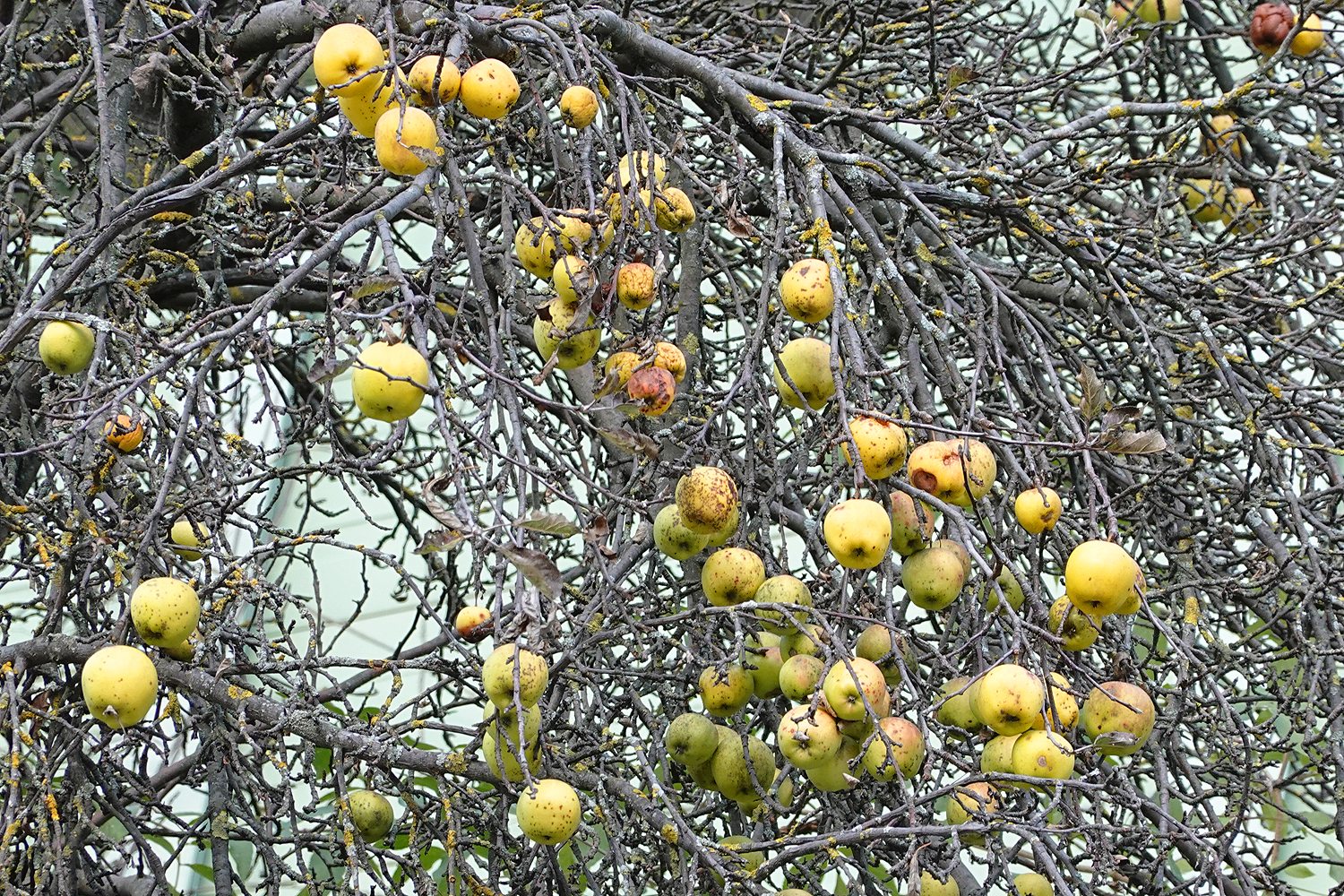by Thomas R. Wells

searching bare-handed through garbage bins
in search of deposit bottles
Many environmentalists support the idea of charging deposits on drink bottles and cans in order to persuade people to bring them back for recycling. They believe this is a good and obvious way to reduce humans environmental impact.
They are mistaken.
While bottle deposit systems are superficially attractive they are a horrendously expensive way to do not much good, while also creating degrading and fundamentally worthless work for the poor. They are not the outcome of a real commitment to reducing humans’ environmental impact but of our flawed human psychology. The fundamental political attraction of bottle deposits is twofold. They appeal to voters’ underlying presumption that inflicting something mildly annoying on ourselves must be an effective means to address a problem, because the constant annoyance itself keeps in our mind that we really are doing something about it. (This resembles the folk-theory of medicine: If it tastes nasty it must be doing us good.) And bottle deposits appeal to governments’ preference for getting something for free, since all they have to do is pass a law requiring that lots of other people organise and carry out a lot of fiddly work. It’s a tax, but not one they have to justify and defend.

 The sleet falls so incessantly this Sunday that the sky turned a dull gray and we don’t want to go anywhere, my child, his friend and me. We didn’t go to the theater or to the Brazilian Roda de Feijoada and we didn’t even bake cookies at the neighbors’ place, but instead are playing cars on the floor and cooking soup and painting the table blue when the news arrives.
The sleet falls so incessantly this Sunday that the sky turned a dull gray and we don’t want to go anywhere, my child, his friend and me. We didn’t go to the theater or to the Brazilian Roda de Feijoada and we didn’t even bake cookies at the neighbors’ place, but instead are playing cars on the floor and cooking soup and painting the table blue when the news arrives.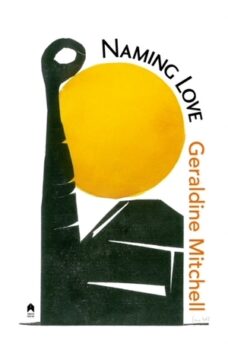

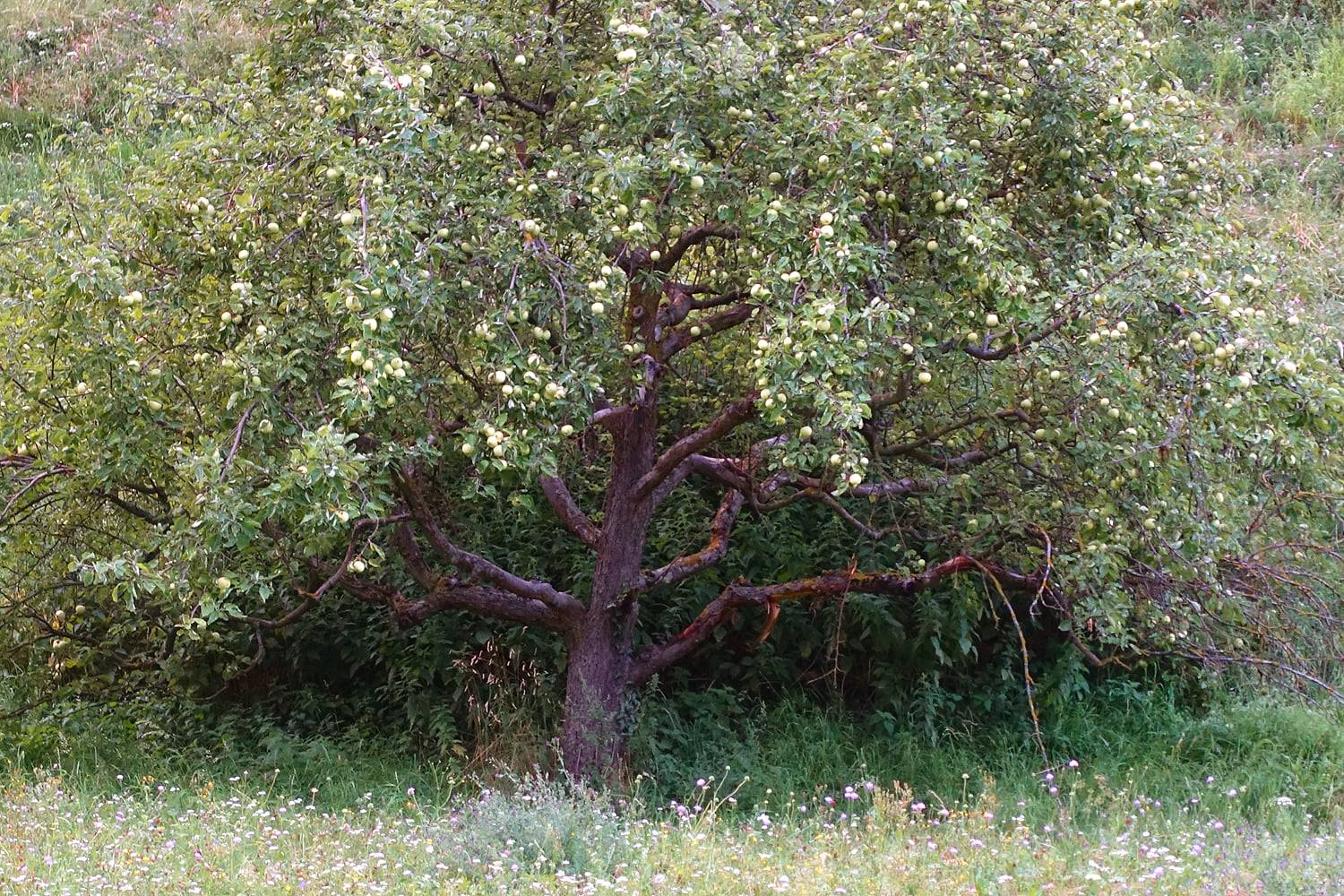

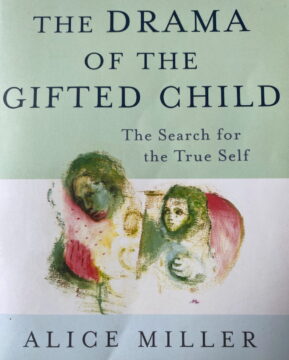

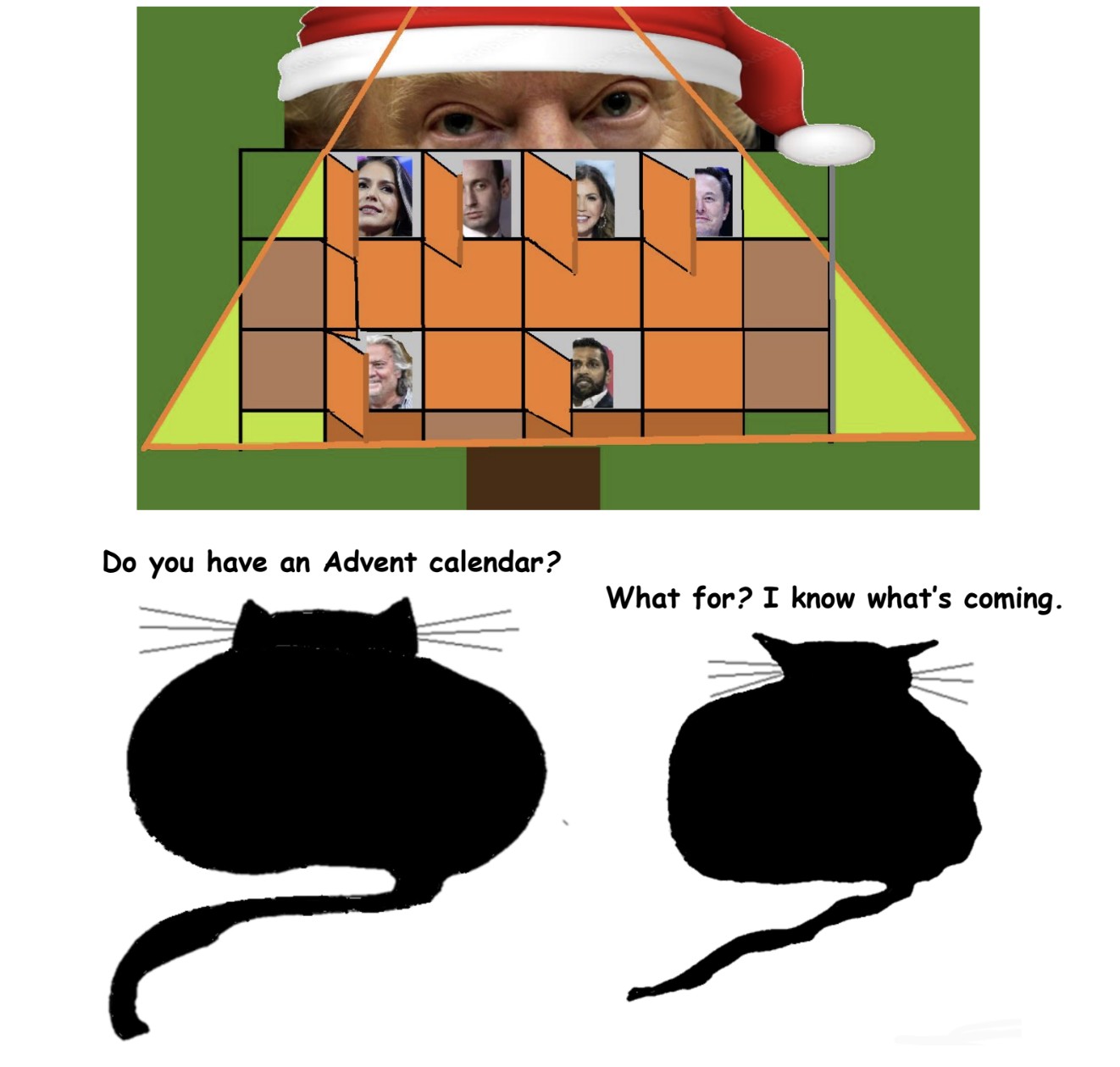
 “You were present on the occasion of the destruction of these trinkets, and, indeed, are the more guilty of the two, in the eye of the law; for the law supposes that your wife acts under your direction.”
“You were present on the occasion of the destruction of these trinkets, and, indeed, are the more guilty of the two, in the eye of the law; for the law supposes that your wife acts under your direction.”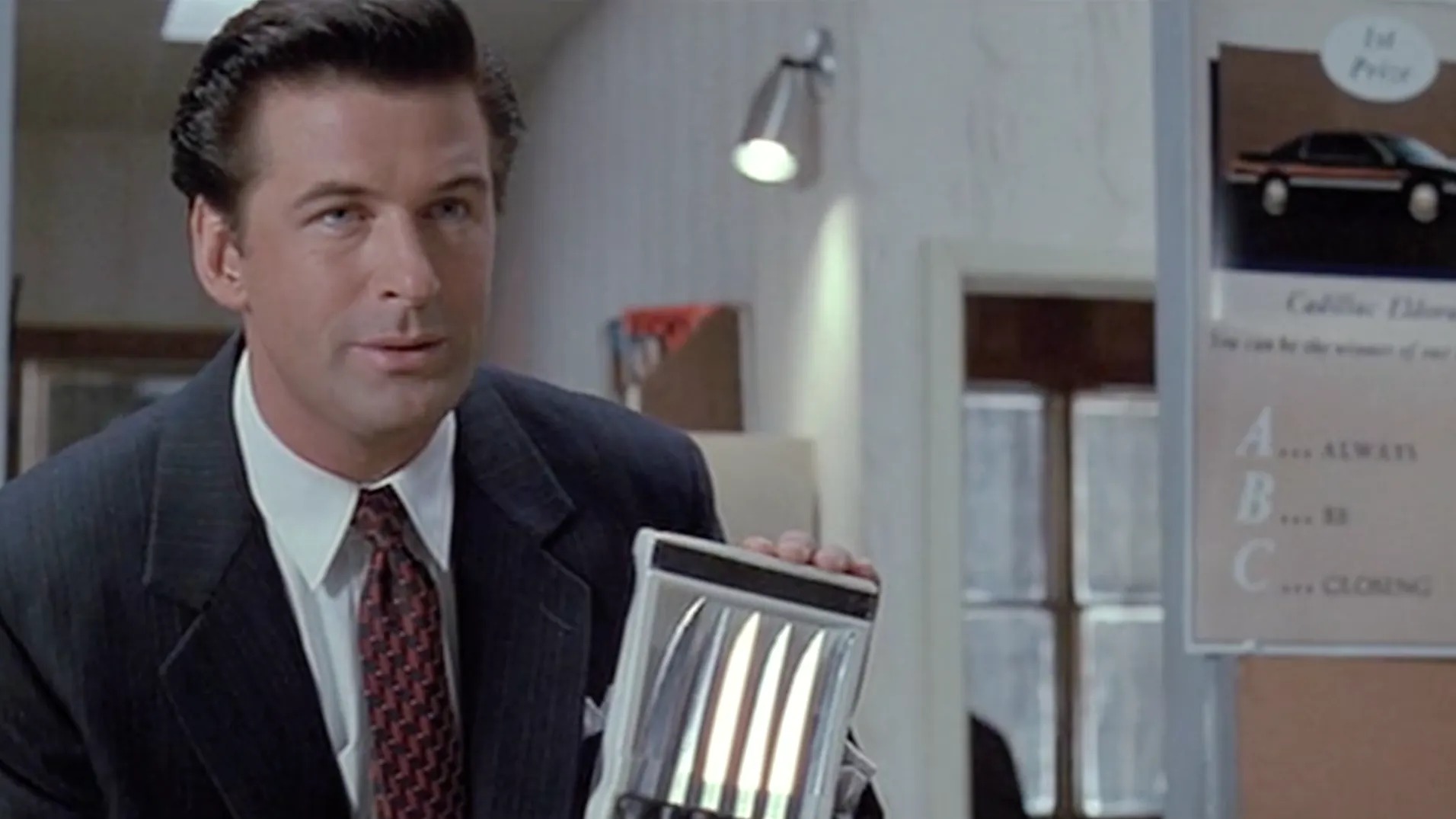 I was recently subjected to an hour of the “All In” Podcast while on a long car ride. This podcast is not the sort I normally listen to. I prefer sports podcasts—primarily European soccer—and that’s about the extent of my consumption. I like my podcasts to be background noise and idle chatter, something to listen to while I do the dishes or sweep the floor, just something to fill the void of silence. On the way to work this morning I had sports talk radio on—the pre-podcast way to fill silence—and they were discussing the physical differences between two football wide receivers—Calvin Johnson and DK Metcalfe—before switching to two running backs—Derrick Henry and Mark Ingram.
I was recently subjected to an hour of the “All In” Podcast while on a long car ride. This podcast is not the sort I normally listen to. I prefer sports podcasts—primarily European soccer—and that’s about the extent of my consumption. I like my podcasts to be background noise and idle chatter, something to listen to while I do the dishes or sweep the floor, just something to fill the void of silence. On the way to work this morning I had sports talk radio on—the pre-podcast way to fill silence—and they were discussing the physical differences between two football wide receivers—Calvin Johnson and DK Metcalfe—before switching to two running backs—Derrick Henry and Mark Ingram.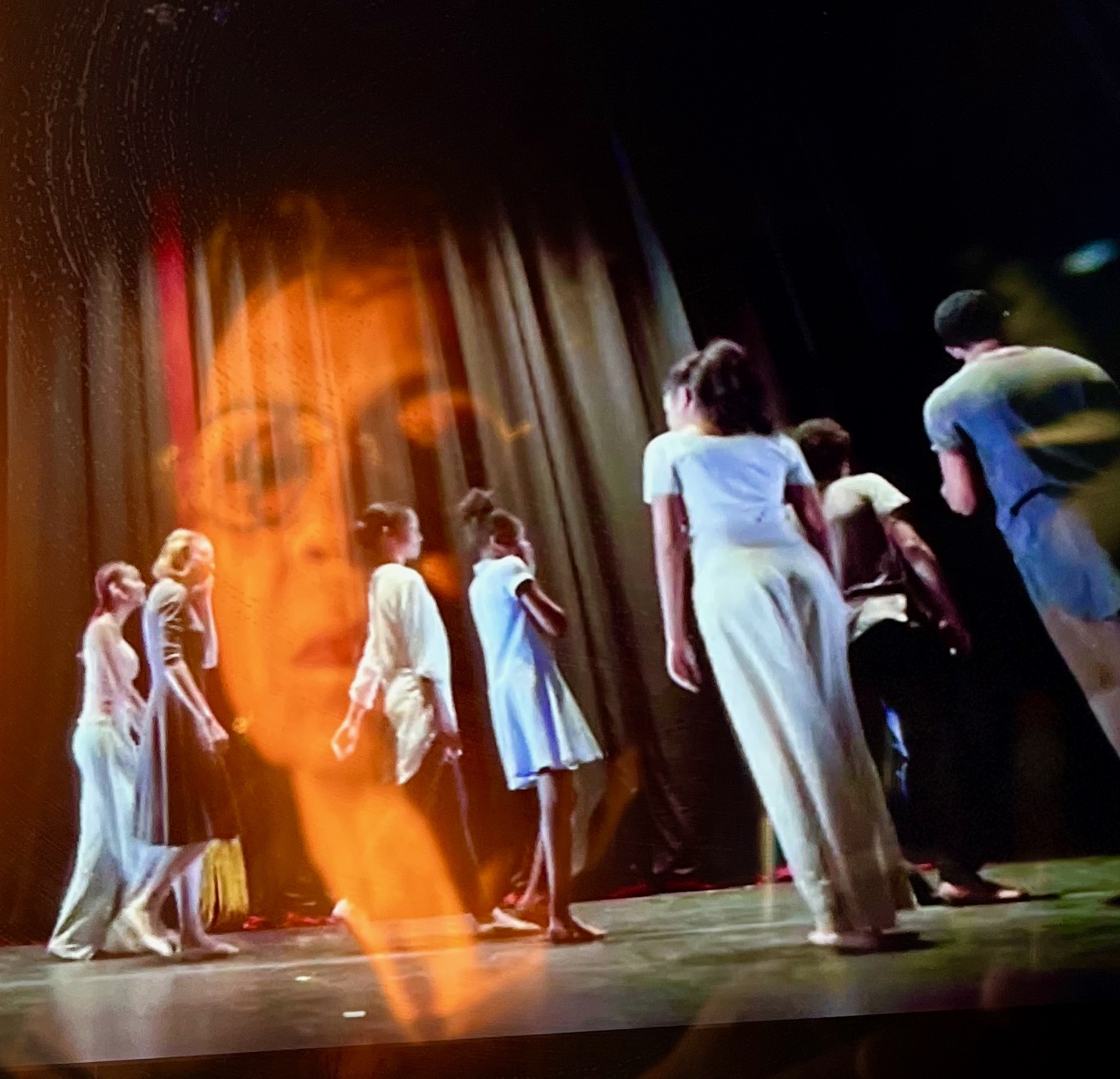 Sughra Raza. Being In the Airplane Movie. Dec 4, 2024.
Sughra Raza. Being In the Airplane Movie. Dec 4, 2024.




 1.
1.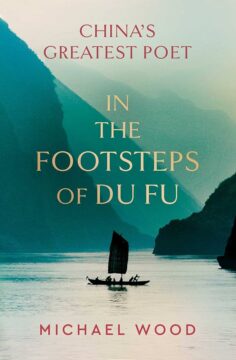 2.
2.
 There’s a lot going on right now. Lowlights include racism, misogyny, and transphobia; xenophobia amid undulating waves of global migrations; democratic state capture by right wing authoritarians; and secular state capture by fundamentalist Christian, Jewish, Muslim, and Hindu nationalists.
There’s a lot going on right now. Lowlights include racism, misogyny, and transphobia; xenophobia amid undulating waves of global migrations; democratic state capture by right wing authoritarians; and secular state capture by fundamentalist Christian, Jewish, Muslim, and Hindu nationalists.
